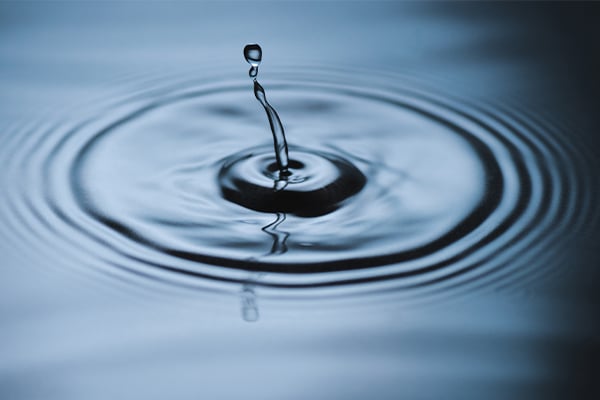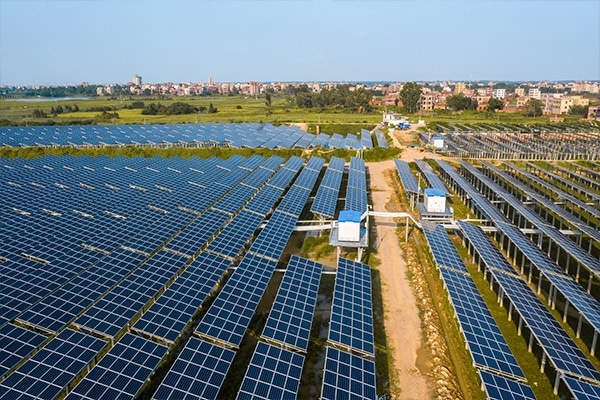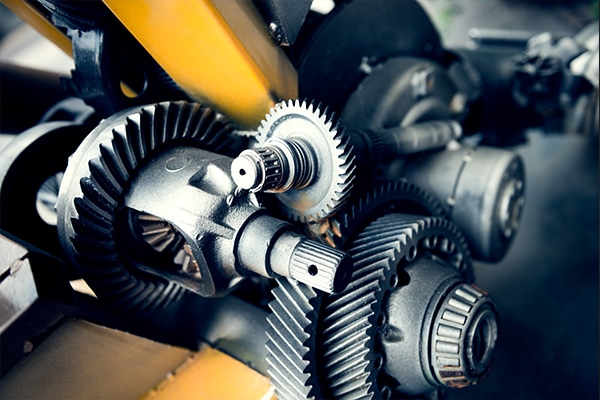Tourism provides relaxation, new experiences, and cross-cultural learning. However, despite three decades of discussing pathways towards sustainable tourism, growth models based on unsustainable forms of consumption still underpin much of the tourism industry, with too many economies around the globe dependent on tourism. This is neither environmentally nor socially sustainable (as can be seen through the decimation of tourism-dependent economies due to Covid-19).
Topics
Food
A REGENERATIVE FOOD SYSTEMS
A circular economy for food has diverse environmental, social, and economic advantages. This sector offers some of the most powerful opportunities for the regeneration of the natural system by restoring soil health to degraded agricultural land. Regenerative farming practices offer an effective way to leverage natures intrinsic circular systems and produce more secure long term food supplies. Innovative techniques and technologies are used to generate economic benefits by turning organic materials previously seen as waste into higher value products.
Water
REDESIGNING SYSTEMS TO SAVE WATER
Water is one of the most precious resources on the planet. Key to our industrial and agricultural processes, it is vital for the functioning of society and natural systems. The management of water resources presents huge challenges to reduce waste, misuse and contamination. However, a circular economy approach offers a path to reimagine these challenges as opportunities.
Energy
UNRIVALLED FUTURE ENERGY SYSTEM
Managed transfer to renewable energy is critical for a truly circular economy. The level of circularity of all areas of the economy that use electricity are affected by how that energy is generated. Many of the circular economy initiatives being adapted within a range of sectors and industries only become truly viable and effective when the energy they need to run is produced in renewable ways.
Manufacturing
RETHINKING & RE-MANUFACTURING, FOR THE FUTURE
A manufacturing industry that is circular by design offers a host of economic, social and environmental advantages. Expanding the breadth and resilience of Australia’s manufacturing sector is crucial to build resilience against external and global shocks. The circular economy offers a way to do this, leveraging upstream and downstream approaches to waste that protect the environment and human health.
Textiles
A NEW TEXTILES ECONOMY-REDESIGNING FASHION’S FUTURE
The textile industry and the products it produces are essential for comfort, safety, practicality and enable expression of human culture. However, the way that textiles are currently made, used, and disposed of have significant environmental and social impacts. Current approaches and business models lead to waste, pollution, and exploitation on global scales.
Tourism
Lorem ipsum dolor sit amet, consectetur adipiscing elit,
sed do eiusmod tempor incididunt ut labore et dolore magna aliqua.
Food
Lorem ipsum dolor sit amet, consectetur adipiscing elit,
sed do eiusmod tempor incididunt ut labore et dolore magna aliqua.
Water
Lorem ipsum dolor sit amet, consectetur adipiscing elit,
sed do eiusmod tempor incididunt ut labore et dolore magna aliqua.
Energy
Lorem ipsum dolor sit amet, consectetur adipiscing elit,
sed do eiusmod tempor incididunt ut labore et dolore magna aliqua.
Manufacturing
Lorem ipsum dolor sit amet, consectetur adipiscing elit,
sed do eiusmod tempor incididunt ut labore et dolore magna aliqua.
Lorem Ipsum
Lorem ipsum dolor sit amet, consectetur adipiscing elit,
sed do eiusmod tempor incididunt ut labore et dolore magna aliqua.







